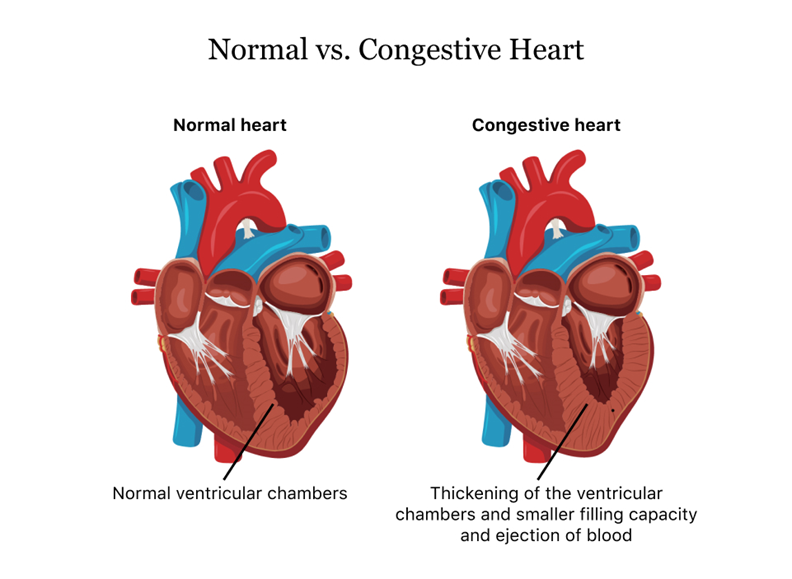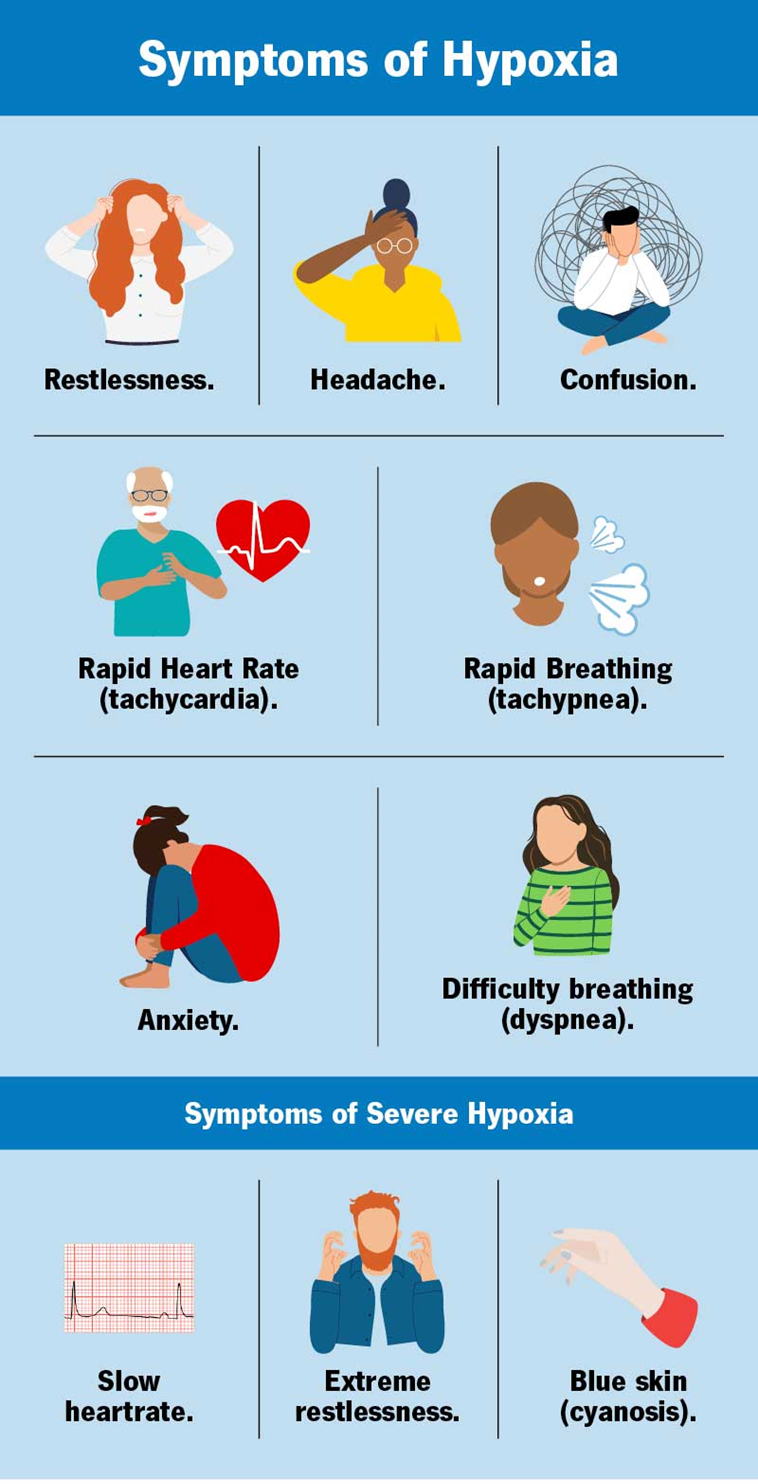A nurse is assessing a client with congestive heart failure (CHF). Which assessment tool will provide a reliable measure of fluid retention for this client?
Cardiac monitoring
Daily weight measurement
Blood pressure monitoring
Urine output measurement
The Correct Answer is B
Choice A Reason:
Cardiac monitoring involves the continuous observation of the heart’s electrical activity, typically using an electrocardiogram (ECG). While cardiac monitoring is essential for detecting arrhythmias and other cardiac events, it does not directly measure fluid retention. Fluid retention in CHF patients can lead to symptoms such as edema and weight gain, which are not directly assessed through cardiac monitoring.
Choice B Reason:
Daily weight measurement is a reliable and practical method for assessing fluid retention in clients with congestive heart failure. Fluid retention leads to an increase in body weight, and monitoring daily weight changes can help detect fluid accumulation early. A sudden weight gain of more than 2-3 pounds in a day or 5 pounds in a week is a significant indicator of fluid retention and worsening heart failure. This method is non-invasive, easy to perform, and provides valuable information for managing CHF.

Choice C Reason:
Blood pressure monitoring is crucial for managing clients with CHF, as hypertension can exacerbate heart failure. However, blood pressure readings alone do not provide a direct measure of fluid retention. While fluid overload can affect blood pressure, it is not a specific or sensitive indicator of fluid status. Blood pressure monitoring should be used in conjunction with other assessment tools to manage CHF effectively.
Choice D Reason:
Urine output measurement is an important parameter for assessing kidney function and fluid balance. In clients with CHF, reduced urine output can indicate worsening heart failure and fluid retention. However, urine output alone may not provide a complete picture of fluid status, especially if the client is on diuretic therapy. Daily weight measurement remains a more direct and reliable method for assessing fluid retention in CHF patients.
Nursing Test Bank
Naxlex Comprehensive Predictor Exams
Related Questions
Correct Answer is A
Explanation
Choice A Reason:
Restlessness is often one of the earliest signs of hypoxia. When the body experiences low oxygen levels, the brain is one of the first organs to be affected. This can lead to symptoms such as anxiety, agitation, and restlessness as the brain struggles to function properly without adequate oxygen. These symptoms occur because the body is trying to compensate for the lack of oxygen by increasing respiratory and heart rates, which can make a person feel uneasy or restless.

Choice B Reason:
Cyanosis refers to a bluish discoloration of the skin and mucous membranes due to low oxygen levels in the blood. While cyanosis is a significant indicator of hypoxia, it is typically a later sign. By the time cyanosis is visible, hypoxia has usually been present for some time, and oxygen levels have been critically low. Therefore, it is not the earliest clinical manifestation of hypoxia.
Choice C Reason:
Apnea is the absence of breathing. This is a severe and late sign of hypoxia. When a person stops breathing, it indicates that the body has been deprived of oxygen for an extended period, leading to critical conditions. Apnea is a medical emergency and requires immediate intervention, but it is not an early sign of hypoxia.
Choice D Reason:
Bradycardia is a slower than normal heart rate. Like apnea, bradycardia is a late sign of hypoxia. Initially, the body responds to low oxygen levels by increasing the heart rate (tachycardia) to pump more oxygenated blood to tissues. Bradycardia occurs when the body can no longer compensate, and the heart rate slows down, indicating severe hypoxia and impending failure of the cardiovascular system.
Correct Answer is ["C","D","E"]
Explanation
Choice A Reason:
Providing a bed bath is a task that can be delegated to unlicensed assistive personnel (UAP). This task is routine and does not require clinical judgment or advanced nursing skills. UAPs are trained to perform basic care activities such as bathing, which helps maintain the client’s hygiene and comfort.
Choice B Reason:
Assisting in toileting is another task that can be delegated to UAPs. This task involves helping clients with their toileting needs, which is within the scope of practice for UAPs. It does not require the clinical judgment or assessment skills that are reserved for licensed nurses.
Choice C Reason:
Evaluating the effectiveness of a treatment is a task that cannot be delegated to UAPs. This task requires clinical judgment and the ability to assess the client’s response to treatment, which are responsibilities of licensed nurses. Only licensed nurses have the training and expertise to evaluate treatment outcomes and make necessary adjustments.
Choice D Reason:
Assessment of a stoma is a task that cannot be delegated to UAPs. Assessing a stoma involves evaluating its appearance, function, and any signs of complications, which requires clinical judgment and expertise. This task is within the scope of practice for licensed nurses, who are trained to perform comprehensive assessments.
Choice E Reason:
Discharge teaching is a task that cannot be delegated to UAPs. Discharge teaching involves providing clients with important information about their care after leaving the healthcare facility, including medication instructions, follow-up appointments, and lifestyle modifications. This task requires clinical knowledge and the ability to educate clients effectively, which are responsibilities of licensed nurses.
Whether you are a student looking to ace your exams or a practicing nurse seeking to enhance your expertise , our nursing education contents will empower you with the confidence and competence to make a difference in the lives of patients and become a respected leader in the healthcare field.
Visit Naxlex, invest in your future and unlock endless possibilities with our unparalleled nursing education contents today
Report Wrong Answer on the Current Question
Do you disagree with the answer? If yes, what is your expected answer? Explain.
Kindly be descriptive with the issue you are facing.
